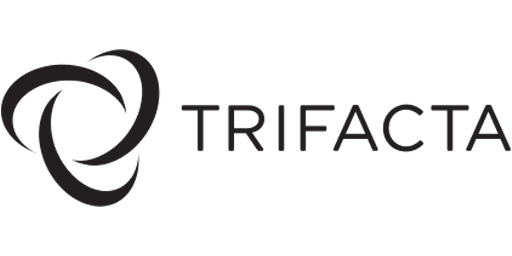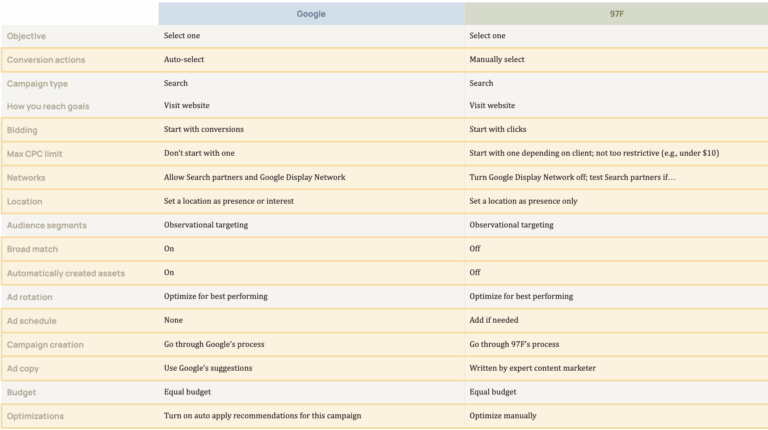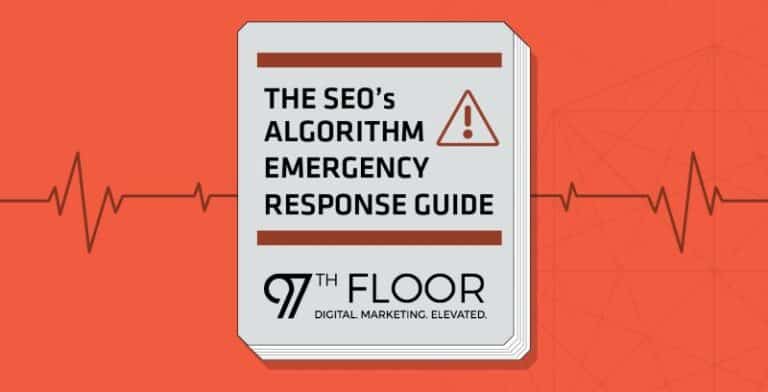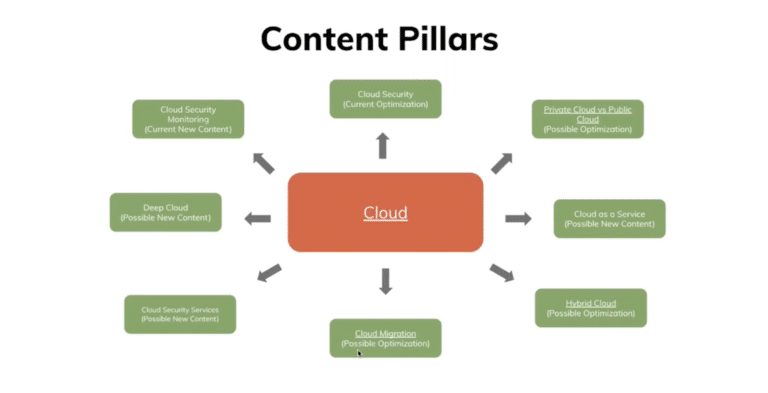Small Business Owners 101
When you’re marketing to small-business owners, there are a few things you need to keep in mind:
•
They’re resourceful: These folks run lean operations. They don’t have huge budgets, so they’ve mastered the art of doing more with less. Whether it’s marketing or product development, they’re making every dollar count.
•
They’re hands-on: Small-business owners like to be involved in every decision. From choosing new products to figuring out how to run their next marketing campaign, they’re all in. They know their business inside out and want solutions that fit their unique needs.
•
They’re strapped for time: Running a small business means wearing a lot of hats. Marketing? It’s just one of the many things on their plate, so they’re looking for quick, easy-to-implement strategies that don’t waste their time.
Their pain points:
•
Limited marketing budgets: With tight finances, they need marketing solutions that deliver results without breaking the bank.
•
Lack of time and expertise: Many aren’t marketing experts, and they don’t have the luxury of time to learn everything about running a campaign.
•
Mistrust of agencies: A lot of small-business owners have been burned before—paying for marketing services that didn’t pan out. That leaves them skeptical about where to invest next.
And here’s what motivates them:
•
Growth: They’re driven by the desire to grow their business—more customers, more revenue, more impact.
•
Cost-effectiveness: Every marketing dollar spent needs to show results. They want strategies that make sense financially.
•
Control: Even when they outsource, they still like having control over the direction. They want marketing tools and campaigns that give them the power to track and tweak when needed.
Marketing to small-business owners demands understanding their unique blend of resourcefulness, time constraints, and desire for growth. They’re looking for solutions that fit their specific challenges—something that helps them do more with less, without losing control of their business. Curious to see how these insights come together? Here’s a real-life example of a persona 97th Floor created for 8MSolar.

Marketing Strategies Targeting Small Businesses
Email Marketing Techniques
When it comes to small-business owners, email is one of the most reliable ways to get on their radar. These folks live in their inbox—email is often the first thing they check in the morning and the last before they log off for the day. While they may not always be scrolling through social media or keeping up with trends, they’re constantly checking their emails for updates, orders, and, yes, marketing messages.
Small business owners are time-poor and juggling countless tasks, so email gives them the flexibility to read and respond when it fits their schedule. That’s what makes email marketing so effective for this audience—it’s direct and less intrusive than other channels. You’re delivering valuable information right where they already are, without demanding immediate attention. The key here? Keep it useful, keep it simple, and most importantly, make it something worth their time.
Small business owners are time-poor and juggling countless tasks, so email gives them the flexibility to read and respond when it fits their schedule. That’s what makes email marketing so effective for this audience—it’s direct and less intrusive than other channels. You’re delivering valuable information right where they already are, without demanding immediate attention. The key here? Keep it useful, keep it simple, and most importantly, make it something worth their time.
Social Media Techniques
When it comes to small-business owners, social media is a trickier outlet. These folks run tight schedules, so they’re not glued to their feeds all day. That means your social strategy needs to be smart and efficient, meeting them where they’re most likely to engage—without overwhelming them.
LinkedIn is where small-business owners are most likely to be active, looking for connections and resources to help their businesses grow. Focus on delivering value here by sharing relevant industry insights, practical advice, and tools they can apply to their business. Don’t waste time with fluff—small-business owners can smell it a mile away.
That said, don’t completely write off Facebook or Instagram. While small-business owners may not spend hours scrolling, they still check in—especially when looking for inspiration or ways to engage with their own customers. If you’re leveraging Meta ads, you can use demographic, interest-based, and lookalike audiences to target small-business owners. Meta holds many SMB pages and communities that can be used for targeting. Just be mindful that as you add more layers to your targeting options, CPM costs can rise due to competition in smaller ad auctions. Depending on the platform, some even have an audience labeled “small business owner.” Don’t overlook these obvious paths—they’re there for a reason.
Remember, these business owners are time-starved. They don’t have the luxury of deep dives into long-form content, so keep your social posts concise and to the point. And whatever you do, make it easy for them to respond quickly—whether that’s a direct message, a quick comment, or an easy sign-up link.
LinkedIn is where small-business owners are most likely to be active, looking for connections and resources to help their businesses grow. Focus on delivering value here by sharing relevant industry insights, practical advice, and tools they can apply to their business. Don’t waste time with fluff—small-business owners can smell it a mile away.
That said, don’t completely write off Facebook or Instagram. While small-business owners may not spend hours scrolling, they still check in—especially when looking for inspiration or ways to engage with their own customers. If you’re leveraging Meta ads, you can use demographic, interest-based, and lookalike audiences to target small-business owners. Meta holds many SMB pages and communities that can be used for targeting. Just be mindful that as you add more layers to your targeting options, CPM costs can rise due to competition in smaller ad auctions. Depending on the platform, some even have an audience labeled “small business owner.” Don’t overlook these obvious paths—they’re there for a reason.
Remember, these business owners are time-starved. They don’t have the luxury of deep dives into long-form content, so keep your social posts concise and to the point. And whatever you do, make it easy for them to respond quickly—whether that’s a direct message, a quick comment, or an easy sign-up link.
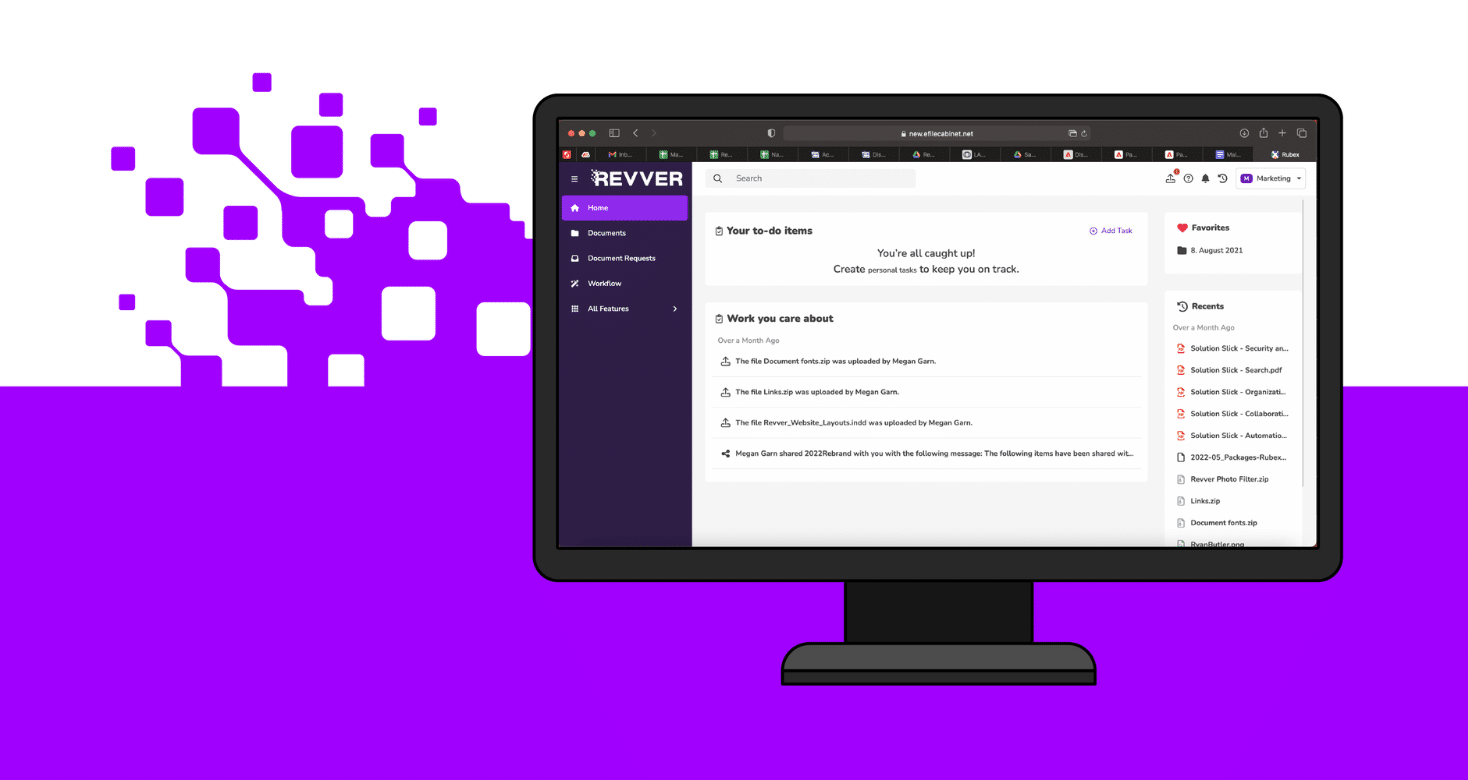

Revving Up Revver's Lead Generation with 540% BOFU Lead Increase and 43% More Yearly Leads
With the help of 97th Floor’s social media specialists, Revver (formerly eFileCabinet) re-vamped their LinkedIn Ads strategies for a 540% increase in BOFU leads. Read more in this case study.
Content Marketing to Small Business Owners
When it comes to content marketing, small-business owners don’t have time for fluff. They want real, actionable advice they can use right away. Think how-to guides, case studies, or checklists that help them solve problems quickly.
Make sure your content is skimmable—bullet points, short paragraphs, and visuals make a big difference. They’re often multitasking, so they need to find key takeaways fast. If you’re writing a long blog or whitepaper, break it up with subheadings or infographics to keep things digestible.
Also, highlight success stories from other small businesses. Small-business owners trust what’s worked for their peers, so real-world examples help build credibility. And don’t forget video content—short demos or explainer videos are great for delivering information in a format they can watch on the go.
Content marketing is your chance to provide value upfront. If your content saves them time or money, you’ll become a trusted resource.
Make sure your content is skimmable—bullet points, short paragraphs, and visuals make a big difference. They’re often multitasking, so they need to find key takeaways fast. If you’re writing a long blog or whitepaper, break it up with subheadings or infographics to keep things digestible.
Also, highlight success stories from other small businesses. Small-business owners trust what’s worked for their peers, so real-world examples help build credibility. And don’t forget video content—short demos or explainer videos are great for delivering information in a format they can watch on the go.
Content marketing is your chance to provide value upfront. If your content saves them time or money, you’ll become a trusted resource.


Trifacta's Strategic SEO Partnership Brings in 44% YoY Increase in Sessions
97th Floor aided Trifacta, a data preparation service for small businesses, in a holistic content strategy that boosted organic sessions 44% YoY. Find out how we did it in this case study.
SEO and Local Search Strategies
Small-business owners rely heavily on local visibility, which makes SEO and local search strategies a key strategy for reaching them. Your content should be optimized for relevant keywords that speak directly to their needs—think “affordable marketing solutions” or “local business services.” In addition, don’t slack on local SEO. Target location-specific terms like “best marketing agency in [City]” to make sure you show up when they’re looking for nearby solutions.
Keep your Google My Business profile updated with accurate business info and services. When small-business owners search locally, you want to appear front and center in the local map pack.
Online reviews also play a huge role. Positive reviews build trust and can boost your local search rankings. Encourage happy clients to leave feedback, and you’ll see the difference in credibility and search results.
And lastly, make sure your website is mobile-friendly. Small business owners are constantly on the move, and if your site doesn’t load fast, they’ll move on to the next one.
Keep your Google My Business profile updated with accurate business info and services. When small-business owners search locally, you want to appear front and center in the local map pack.
Online reviews also play a huge role. Positive reviews build trust and can boost your local search rankings. Encourage happy clients to leave feedback, and you’ll see the difference in credibility and search results.
And lastly, make sure your website is mobile-friendly. Small business owners are constantly on the move, and if your site doesn’t load fast, they’ll move on to the next one.
Tools and Resources for Small Business Marketing
Wondering where to start? We’ve listed a few tools to assist with all parts of your campaign.
Email Marketing
•
Mailchimp (Free version available): Easy-to-use platform for creating, automating, and tracking email campaigns.
•
Constant Contact (60-day free trial): Offers email automation, list segmentation, and analytics for targeted campaigns.
•
HubSpot (Free version available): CRM-integrated platform with email tracking and strong analytics features.
Social Media Management
•
Hootsuite (Free version available): Manage and schedule posts across multiple social media platforms.
•
Buffer (Free version available): Simple tool for scheduling posts and tracking social media performance.
•
Sprout Social (30-day free trial): Advanced analytics and social listening for understanding audience behavior.
Content Creation
•
Canva (Free version available): User-friendly design tool for creating graphics and social media content.
•
Loom (Free version available): Quick video recording tool for personalized outreach or explainer videos.
•
Grammarly (Free version available): Writing tool for checking grammar and tone in emails and content.
SEO Strategies
•
SEMrush (7-day free trial): Tool for keyword research, competitor tracking, and SEO audits.
•
Moz (30-day free trial): Provides keyword tracking, SEO insights, and local search optimization.
•
Ahrefs (7-day trial—paid): Best for keyword research, backlink analysis, and competitive insights.
We hope you’ve enjoyed our guide to Marketing to Small Business Owners! Good luck as you tackle the market.




